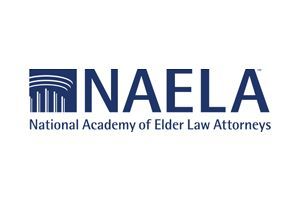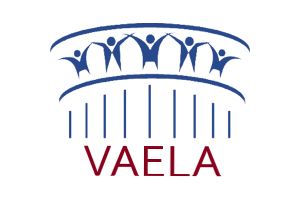Probate & Estate Administration
Experienced Probate Attorney in Midlothian, VA
Commonwealth Legal PLLC in Midlothian, VA, offers legal assistance to individuals on probate or estate administration. Probate or estate administration is the legal process of managing and distributing a person’s assets and debts after passing away. This process involves identifying and valuing the deceased person’s assets, paying off any debts and taxes owed, and distributing the remaining assets to the deceased person’s heirs or beneficiaries. The probate process can be complex and time-consuming, and it may involve court appearances and legal fees. Commonwealth Legal PLLC, can guide you through the process to ensure everything is handled correctly and according to the deceased person’s wishes.
Full Probate / Estate Administration Process in Virginia
The probate process in Virginia involves the legal proceedings for administering the estate of a deceased individual. Here is an overview of the key steps in the probate process in Virginia:
Filing the Will (If Applicable)
- If the deceased person left a valid will, it should be filed with the Circuit Court in the jurisdiction where the deceased person resided.
- If there is no will, the estate is considered "intestate," and Virginia's intestate succession laws will determine how the estate is distributed.
Appointment of Executor or Administrator
- If there is a will, the court will appoint the executor named in the will to administer the estate.
- If there is no will or if the named executor is unable or unwilling to serve, the court will appoint an administrator to handle the estate.
Notification to Heirs and Creditors
- The executor or administrator is responsible for notifying heirs, beneficiaries, and known creditors about the probate proceedings.
- Notice to creditors is typically published in a local newspaper to give them an opportunity to file claims against the estate.
Inventory and Appraisal
- The executor or administrator must prepare an inventory of the deceased person's assets and have them appraised. This inventory is filed with the court.
Payment of Debts and Expenses
- The estate's debts, including funeral expenses, taxes, and outstanding bills, must be paid from the estate assets.
Distribution of Assets
- Once debts and expenses are settled, the remaining assets are distributed to the beneficiaries according to the terms of the will or Virginia's intestate succession laws.
Final Accounting
- The executor or administrator submits a final accounting to the court, detailing all financial transactions related to the estate.
Closing the Estate
- After the court approves the final accounting and is satisfied that all aspects of the probate process are complete, the estate is closed.
In Virginia, an executor or administrator, also known as a personal representative, may have personal liability in the administration of an estate under certain circumstances. The probate process can be complex, and it is advisable to seek the assistance of an experienced probate attorney to navigate the legal requirements and ensure that the estate is administered properly.
It's important to note that not all estates in Virginia go through the full probate process. Some smaller estates may qualify for simplified procedures, such as "small estate" or "spousal allowance" procedures, which are faster, less expensive and less formal. Scott Martin can assist you in determining which process is appropriate given the situation and help you navigate the probate process.

For more information about our probate/estate administration services or to schedule a consultation, call us today at (804) 470-9975.












